-
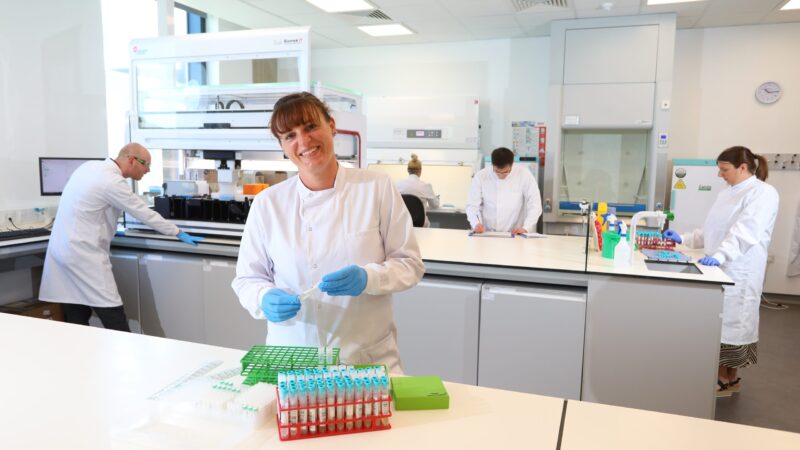
North East Innovation Lab
The North East Innovation Lab works to assess and accelerate the development of new diagnostic tests and technologies. -
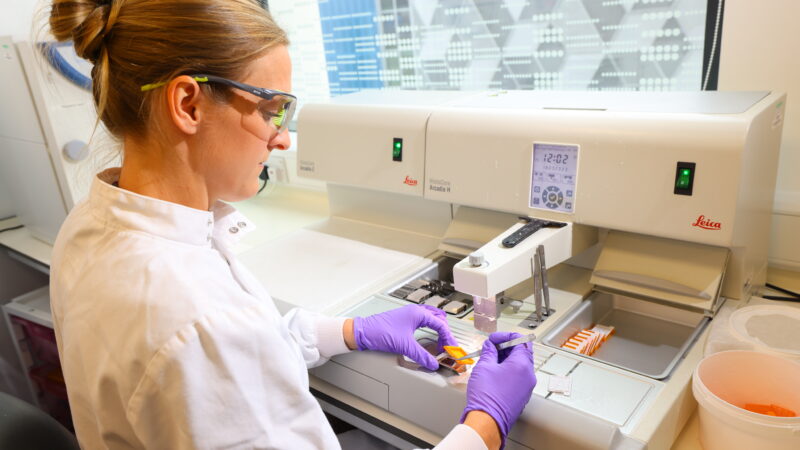
Newcastle Hospitals Biobank
Our biobank stores millions of clinical samples with their associated meta data for use by industry, healthcare and academics. We can search archived hospital samples and arrange prospective collections. -
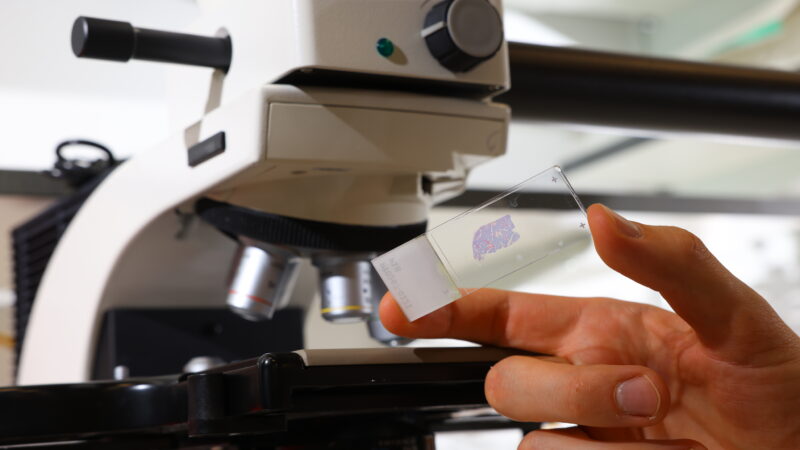
Novopath
We provide high quality specialist pathology services to researchers, academics, healthcare providers and industry. -
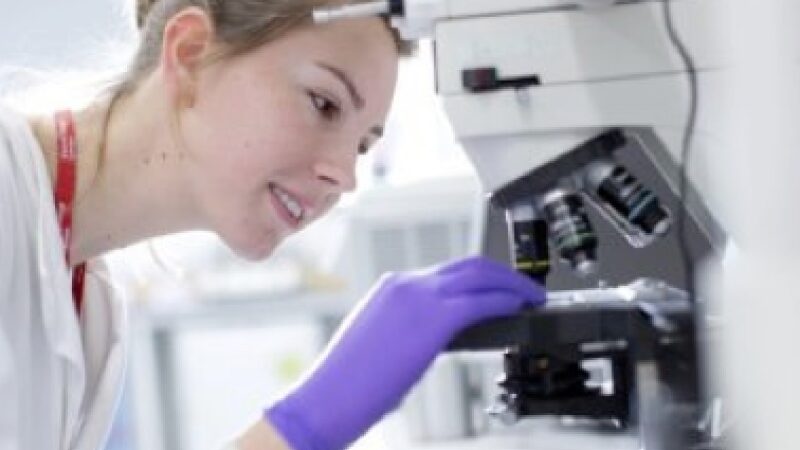
Newcastle Hospitals Laboratories
Our laboratory medicine facilities are based over two hospital sites – the Royal Victoria Infirmary and the Freeman – and carry out over 11 million tests each year. -

Newcastle Specials (pharmacy production unit)
The Newcastle Specials pharmacy production unit is a dedicated facility for the production and quality control of medicines. -
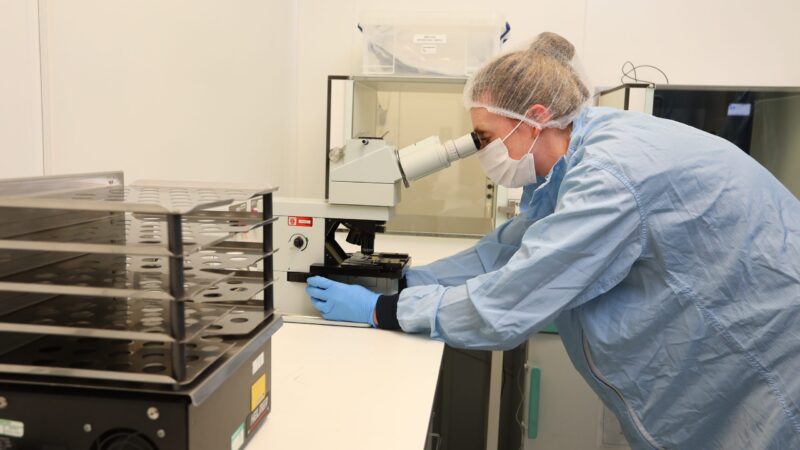
Newcastle Advanced Therapies
Our expert team processes, stores and manufactures cell, gene and tissue products on behalf of the NHS, research institutions and industry. We are recognised nationally and internationally as a leading centre for the implementation and delivery of advanced therapies. -
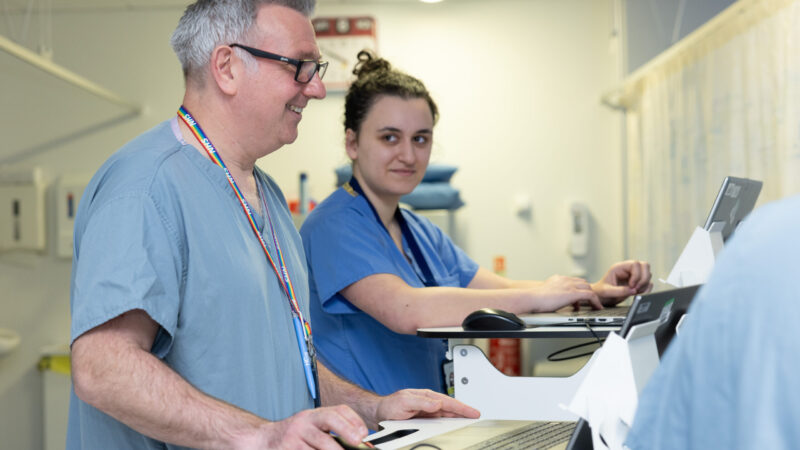
Training, education and workplace experience
We offer a range of programmes for health professionals and industry partners covering a wide range of specialist services. -

National Centre for Neurotechnology and Neurorestoration – clinical trials
The first NHS centre dedicated to carrying out clinical trials for new and emerging technologies placed in or near the brain via surgical procedure. -

Newcastle Occupational Health Service – commercial solutions
We offer a range of professional, flexible, and evidence-based occupational health solutions to support the wellbeing and productivity of your workforce. -
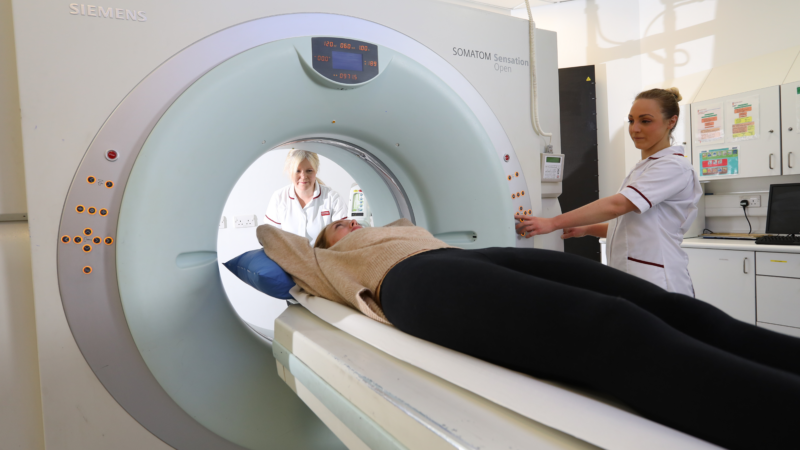
Data partnerships to unlock better care
Work with us to enhance data analysis and improve care.
